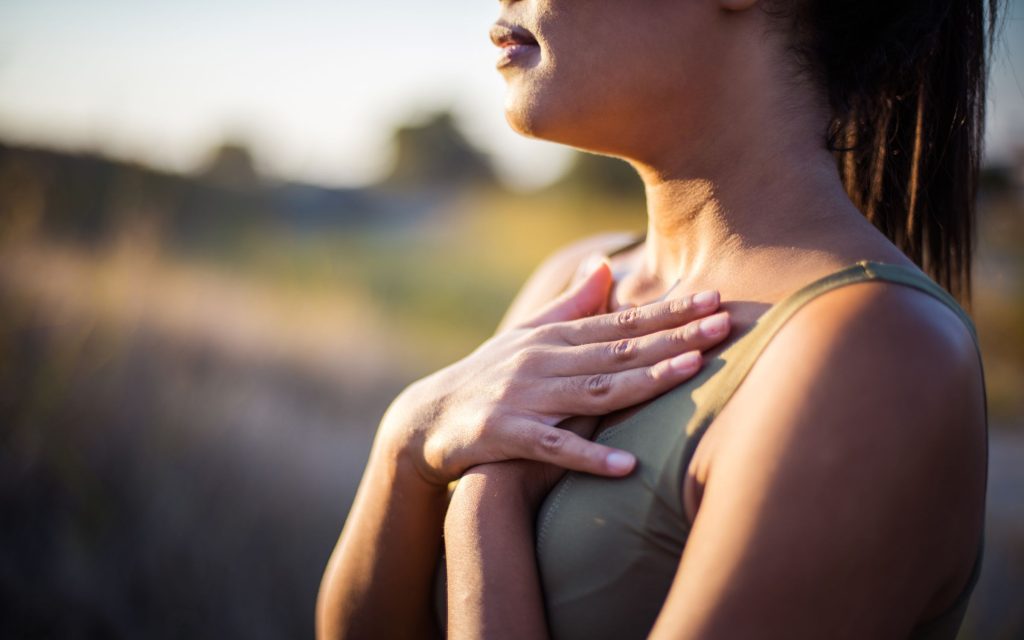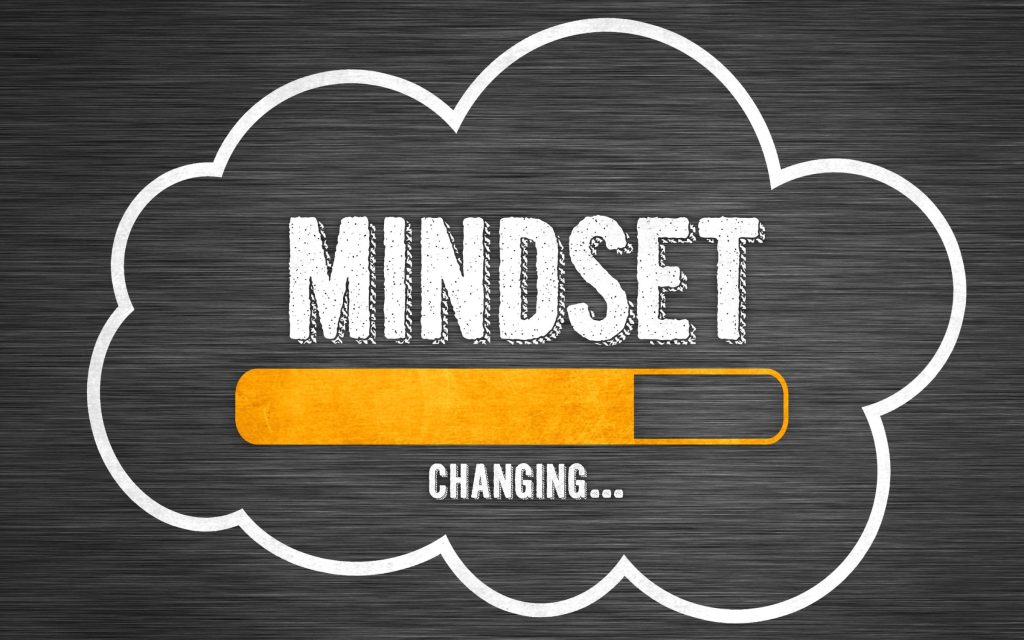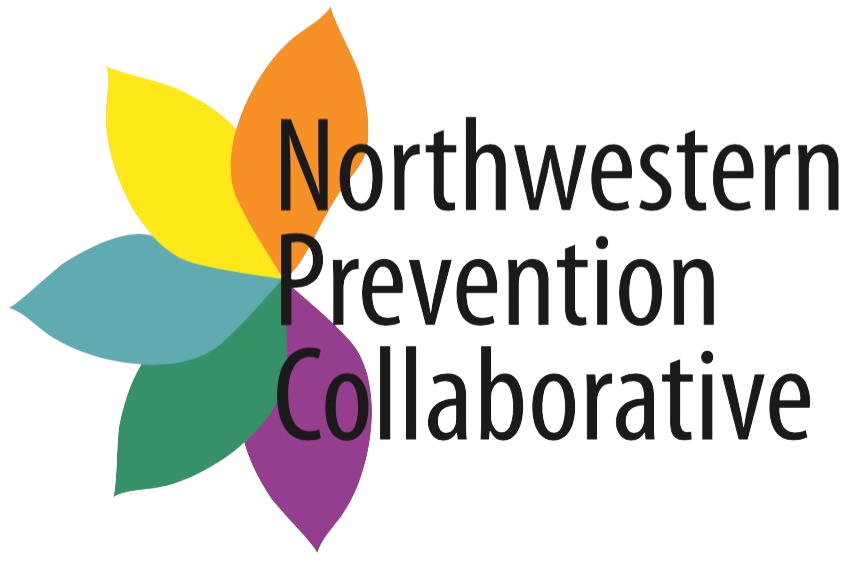Through the Trauma-Informed classes taught by our friends at the Warren Coalition, and the “Moving from Anxiety to Optimal Wellbeing Workshop” by Dr. L Read Sulik we offered in the spring of 2021, we gathered some helpful hints on dealing with anxiety and stress that we would like to pass on to you.
You might wonder why a group of organizations interested in preventing drug and alcohol misuse and supporting treatment and recovery would be writing about coping mechanisms. It is because when you haven’t learned how to deal with stress, trauma, and anxiety, you are more likely to turn to drugs and alcohol to help you cope—and that can lead to substance misuse. The majority of people with substance use disorders have a history of emotional and/or physical pain.
Tips for Coping
Some of these tips might surprise you, because might not have thought of them as coping mechanisms. Whether they are new to you or not, we hope you find them helpful:

- Breathe. Slowly trace your monitor with your finger. Breathe in as you go up one side, out as you go along the top. Breathe in as you go down the other side, out as you go along the bottom. There is a lot of scientific evidence about what happens during this process. One of the most concise explanations comes from Sue Doucette on Healthfully: “Deep breathing relieves stress and anxiety due to its physiological effect on the nervous system. Breathing slowly and mindfully activates the hypothalamus, connected to the pituitary gland in the brain, to send out neurohormones that inhibit stress-producing hormones and trigger a relaxation response in the body.” In other words, slow, deep breaths disrupt stress-producing hormones, causing you to relax.
- Ground yourself. Anxiety often overtakes us when we are focusing on future things that are out of our control. Focus on the here and now. Start describing your room aloud. It is best to be detailed, because that will really re-focus your mind. “I see a calendar” doesn’t take as much thought as “I see a calendar. It says May. It has a field of red flowers in the photo. A collie is standing in the middle. The paper is glossy, and there is glare on the photo from my lamp.” Move onto your next sense. Touch the keyboard, your phone, your chair, the rug, your shirt, your dog—whatever it is, concentrate on how it feels. Breathe in. What do you smell? Close your eyes and listen. What do you hear? Now remind yourself that in this moment, you are safe. Why does this work? Because it helps us to get out of our heads and into the physical, present moment.
- Take care of yourself. By now, you’ve probably heard the phrase “self-care isn’t selfish.” If you have a hard time with that, consider the fact that it is harder to deal with stress if you are not well-rested, or if you are dehydrated or malnourished, or if your body is in poor health due to a lack of exercise. If your stress levels are high, that puts a larger strain on your already-taxed body and mind, and it makes it more likely that you will reach for some sort of substance to help dull the pain. Make sure you are eating right, drinking enough water, and getting enough sleep.
- Change your pattern of thought. We all have those moments when we start to spiral in our thoughts, focusing on the negative until that’s all that is all we can think about. Although you may want to be left alone at this point, try to counter your instinct. Reach out to someone who can help you look at possibilities, someone who sees the obstacles and is determined to find another way. If you have trouble listening to others when you are spiraling, you can try to focus on something positive—anything—for a minute. Count your blessings, or stare at a flower and focus on the details that make it beautiful. Prayer and/or meditation can be helpful in this effort as well.
- Connect with others. Loneliness, or even the possibility of loneliness, is one of the biggest drivers of anxiety. We all have different levels of relationships, and each type needs to be nurtured. Make the effort to reach out to family and close friends on a regular basis. Give yourself permission to go off on a tangent at a work meeting or chat with someone briefly in the hallway. Say yes when a group invites you to go to lunch. Go to that church event or community festival. Look people in the eye and say hello. (Yes introverts, this includes you too. Don’t overdo it, but you still need connections too!)

Some of these things might seem like basic skills, but they are key foundational steps of dealing with stress and anxiety. They are part of building a resilient person. Develop them in yourself and teach them to your children, and you may find it easier to navigate the next round of life’s challenges.

